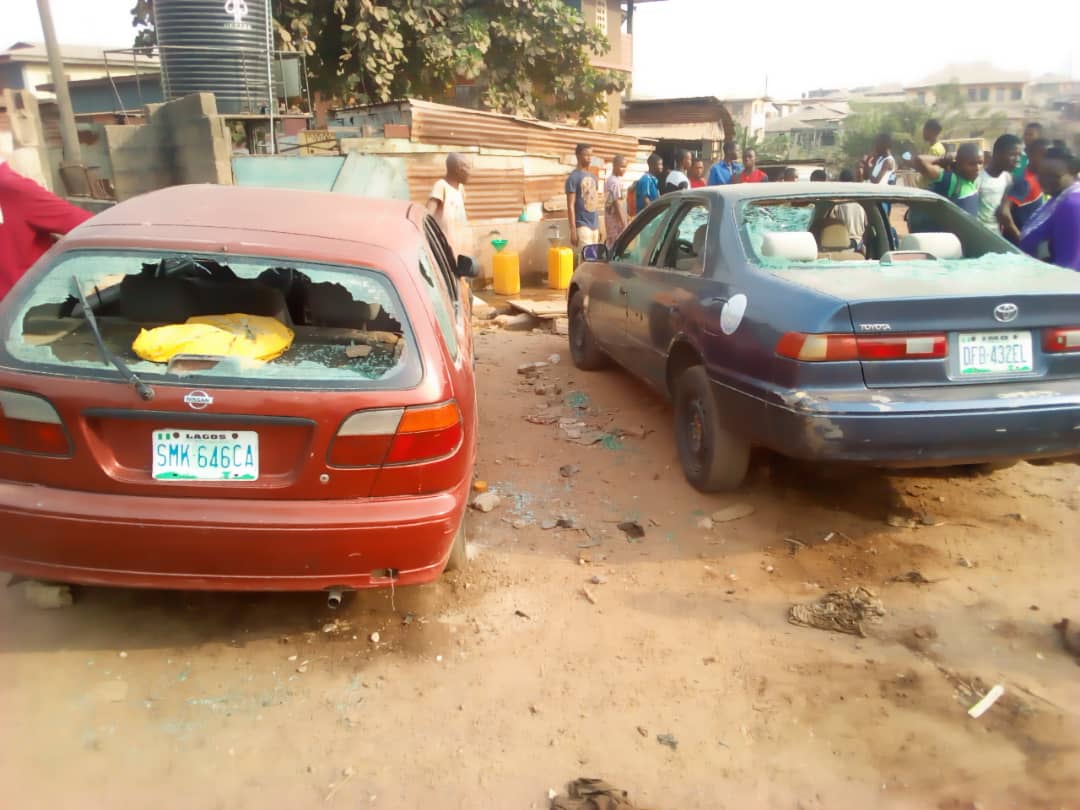In Nigeria, access and quality of health care services are a challenge particularly for disadvantaged populations. While health services are far better in the urban, compared to the rural areas, there remains a significant variation in health care services across the various strata of the urban settlements, with the urban slum in the lowest rung. Quality of health care in the urban slum is sometimes worse than what obtains in some rural areas.
According to UN-Habitat, over 880 million people live in urban slums globally. A sizeable proportion of this figure is in sub-Saharan Africa, with Nigeria having the largest number. Ibadan in Oyo State, is a huge metropolis in one of the most urbanized parts of the nation. Several factors have aided the rapid and poorly planned urbanization of the city, right from the colonial period until now. One of the visible outcomes of the unplanned urbanization of the city is the emergence of slums.
Slums are neighbourhoods, either in the traditional city core or at the edge of the city, which are often highly populated, have poor access to basic amenities such as water and sanitation. They are filled with poor quality of buildings due to the low quality of housing materials used for construction. There are currently not less than twelve clearly identifiable slums in Ibadan metropolis. The health of the slum dwellers is a source of concern because they are often marginalised in terms of access to health facilities and the allocation of resources.
In this article, we share the findings of a study funded by UK National Institute for Health Research on health status and access to care in two slum communities in Ibadan (Idi-Ikan and Sasha). The University of Ibadan Urban Health research team which comprised Prof Akinyinka Omigbodun, Prof Eme Owoaje, Dr Funke Fayehun, Dr Olalekan Taiwo, Dr Doyin Odubanjo and Dr Motunrayo Ajisola executed the project.
Idi-Ikan is a homogeneous indigenous Yoruba community with an older population. It has 1617 households, with an average of nearly 6 children per household. There are only 36 health facilities in this slum, of which three are primary (public) health centres, 14 herbal and spiritual centres, 15 patent medicine stores and one maternity home. This implies that 12 health centres are to service 539 households. Sasha, on the other hand, is a migrant community inhabited by people mostly from the northern part of Nigeria. It has 1755 households, also with about 6 children per household. Sasha has 32 health facilities consisting of one public primary health centre, one maternity home, two private clinics, five herbal and spiritual centres, one optical centre and 23 are patent medicine stores.
The gross inadequacy of health facilities available to inhabitants in both of these slum communities is clearly evident. The residents of these slum communities reportedly utilised the available health facilities for their health care needs. The majority of the service providers were unskilled, and the quality of care obtained could not be ascertained. The danger of this scenario is the inability of the inhabitants to discern the quality of health care provided. Considering that only 62 percent of those in Idi-Ikan and 52 percent of those in Sasha had at least some secondary school education, their ability to discern what appropriate health care service is might be suboptimal.
Why do the in habitants of these settlements need quality health care services to be provided for them? The study findings demonstrate that communicable diseases are highly prevalent in both communities. This is understandable considering the poor status of environmental sanitation evidenced by lack of potable drinking water, lack of toilets (with the attendant open defaecation), and poor waste disposal system in the communities. These poor sanitary conditions increase risk of infection disease epidemics such as cholera in the communities. Maternal health problems and perinatal conditions were also commonly reported as conditions for which health care was sought in the communities. However, the study sites lack sufficient health centres and the skilled personnel to handle these conditions.
Hypertension, chronic pain and arthritis are other prevailing health challenges reported by the residents in these Ibadan urban slums. Since majority of the health services needed are not available in these communities, a substantial proportion (71% in Idi-Ikan and 73% in Sasha) moved out of their location on various occasions to access health services outside the communities where they lived. Only a few (29% in Idi-Ikan and 27% in Sasha) made use of the health facilities located within their slum environment. This demonstrates that what is needed to keep the residents healthy is not available within their environs, adding to the health and financial burdens they are compelled to bear.
Health service utilisation in the slum communities of Ibadan is affected not only by access, but also by the cost. The preventive and medical test facilities needed are very limited in these slum communities, creating an opportunity for quacks to make an inroad and send many to untimely graves. The study findings show that while adult employment is high in both study sites, average monthly earnings are below N23,000and N21,500in Idi-Ikan and Sasha respectively. They could also spend more on healthcare because the residents use private facilities more often than the few public health facilities available. When access is limited by cost/affordability, it may lead to a recourse to dangerous alternative sources or self-medication, a recipe for increased likelihood of disability, or even death.
Provision of health services in urban slums is critical to the growth and development of cities and it is important to assess the health of urban dwellers in order to ensure that they gain access to needed healthcare services that would make their lives better. One of the main problems causing early deaths among Nigerians is a dearth of functional health facilities. The NIHR data provide an insight into the precarious health care situation in Ibadan urban settlements and can help in the formulation of the right policies by the Oyo State Government and the authorities in the Local Government Areas where the slums are. Of the sum of N213, 788,332.97 (more than two hundred and thirteen billion naira budgeted for fiscal year 2020 by the Oyo State Government, 23 percent was allocated to infrastructure, 22 percent to education and only a paltry 5.1 percent to health. Only a fraction of this amount will go into developing facilities and programmes to benefit the health of people living in the state’s urban slums, since other segments of the population also require attention. The findings presented should provide some guidance on the most effective ways of distributing the health expenditure so that those in urban slums are not neglected.
Going forward, the government needs to increase the number of public primary health centres in these urban settlements and staff them with qualified health personnel. Maternal and child care services deserve special attention because of the vulnerability of this segment of the population. The problems of long waiting time and cordiality of staff will be reduced if more health facilities could be accessed within these communities. While these findings are eye openers to the current situation of the health of the inhabitants of these communities, they do not tell the whole story. One thing is clear: measures that can reduce the prevalence of communicable diseases such as waste disposal, provision of potable water, health education and periodical health awareness programmes should command the attention of the Oyo State Government, acting through its Ministry of Health. These should improve the health seeking behaviour and the health status of slum dwellers in the state.
Dr Tade, the media expert on the project, sent in this piece via dotad2003@yahoo.com











